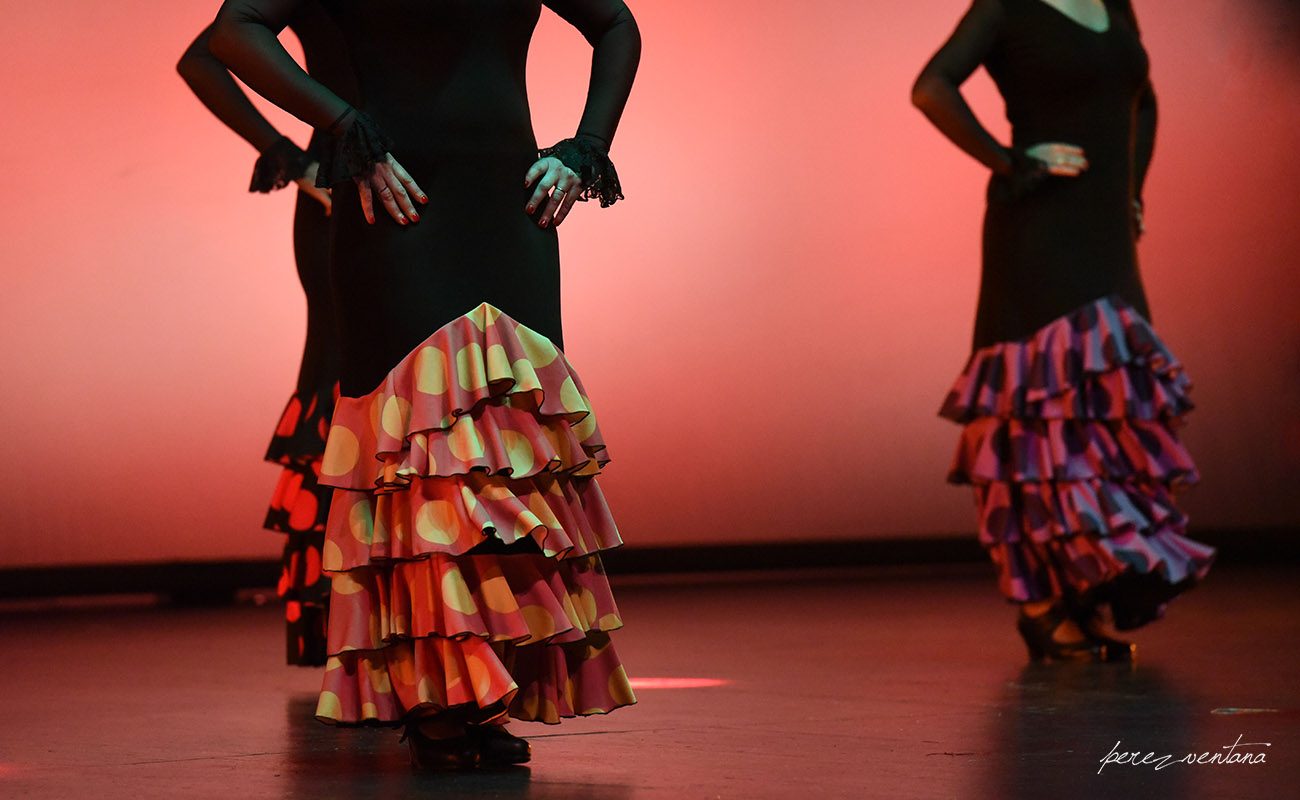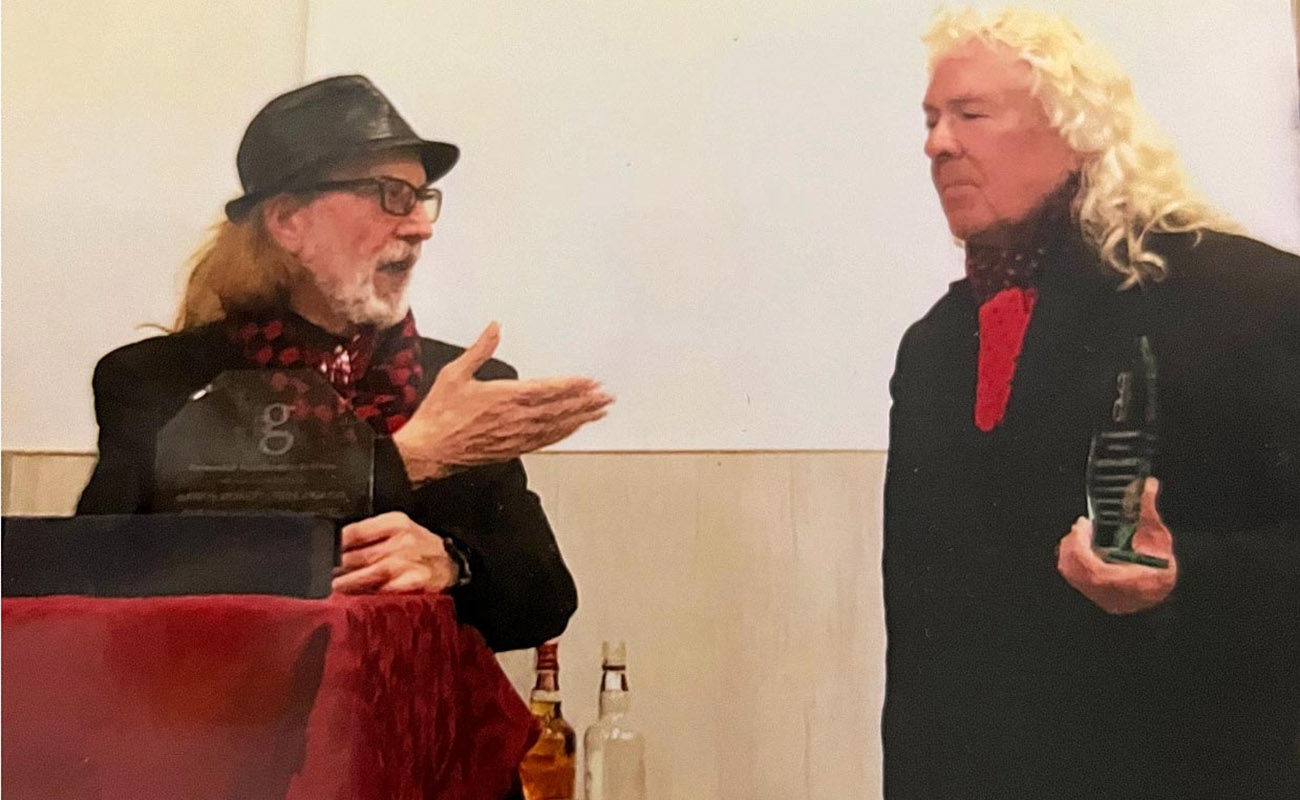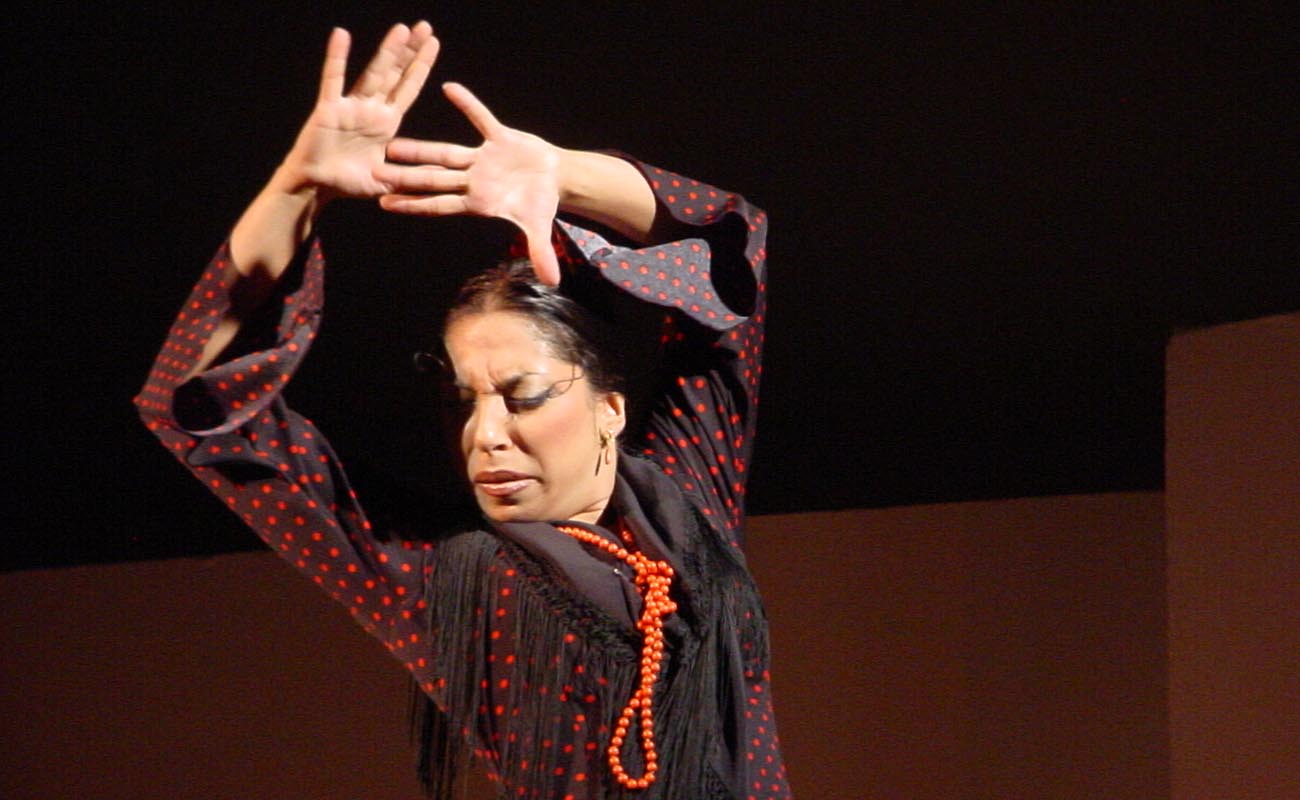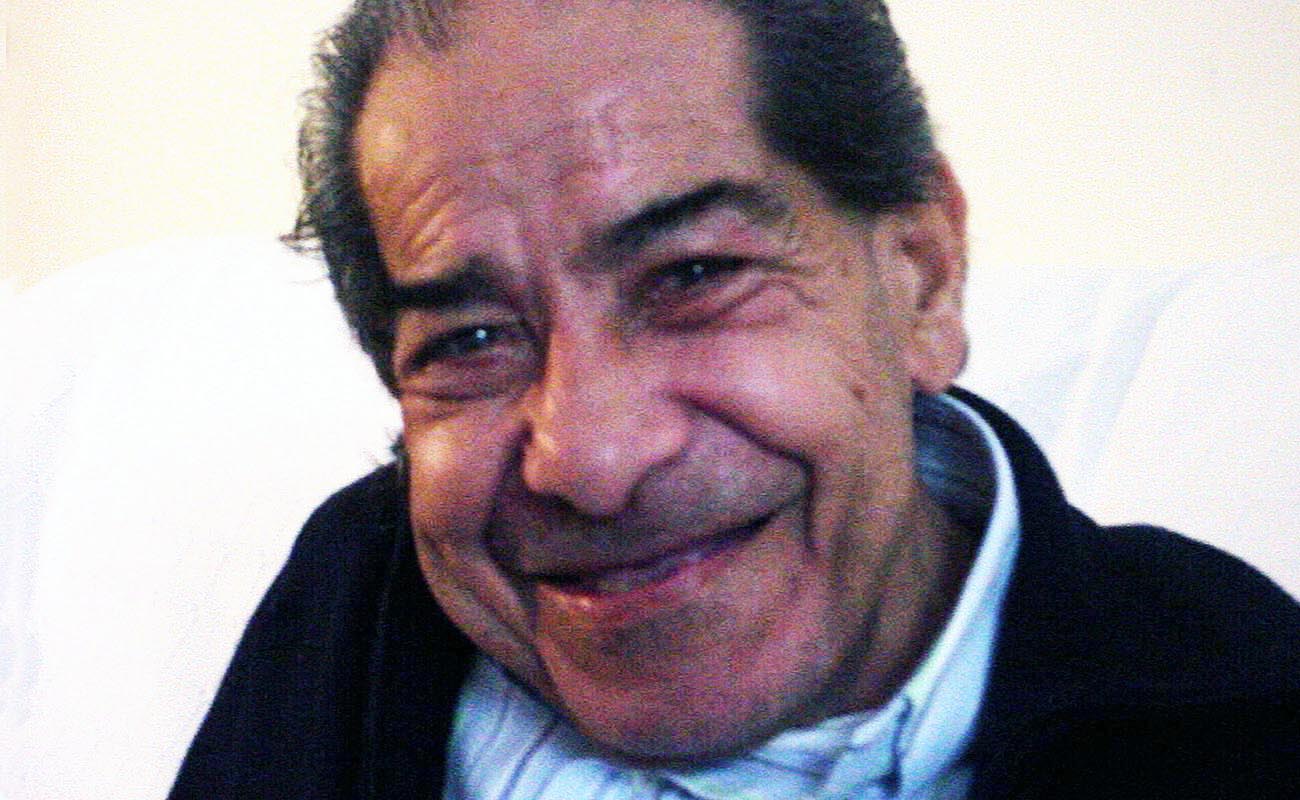International Flamenco Day: the year when the soul spoke
Flamenco was declared UNESCO’s Intangible Cultural Heritage on November 16th, 2010. One year later, Flamenco Day was created to celebrate this date. In 2019, the Andalusian Flamenco Institute has organized more than one hundred activities all over Andalusia.

Four o’clock in the afternoon is a time when the pace of life typically slows down, but on November 16th, 2010, it was a moment for the loudest flamenco cheers. After a failed attempt in 2005, the wonderful news came out of Nairobi, the capital of Kenya. Flamenco had become part of UNESCO’s Intangible Cultural Heritage List by decision of that organization’s Intergovernmental Committee for the Safeguarding of Intangible Cultural Heritage, formed by twenty-four members. This honor was being contested by no less than forty-seven nominations from thirty-one countries.
It was in 2009 when the decisive step to give flamenco the place of honor it deserved was taken. In August of that year the nomination was submitted in Paris and in the beginning of 2010 the Junta de Andalucía campaign Flamenco Soy (‘I am Flamenco’) got started. The goal of the campaign was to promote nationally and internationally this project, which also had the collaboration of the Murcia and Extremadura autonomous communities of Spain, which border Andalusia’s northeast and northwest, respectively. More than thirty thousand people from sixty different countries — both artists and private individuals — voted for Flamenco’s nomination in UNESCO’s website
«That November 16th, mankind became flamenco’s heritage, in the words of Enrique Morente»
«A hemorrhage of great satisfaction». Such were the words of cantaor José Mercé when he heard the good news. Others, like José de la Tomasa, put flamenco art on a higher level: «It’s above all that, because when the soul speaks, awards don’t matter. The soul is the only thing left in this life», stated this cantaor from Seville.
That November 16th, «mankind became flamenco’s heritage», said the incomparable Enrique Morente. While we all knew that flamenco was an unmatched and unquestionable art form, rich in history and heritage, UNESCO’s official designation multiplied its value.
Flamenco has already been included in the new Statute of Andalusia’s Autonomy and the public institutions have committed to protect, study and promote it. Even so, the hoped-for Flamenco Law is still being debated and the government of Andalusia has once again stated that it will promote flamenco in all educational stages in Andalusia and it will acknowledge the importance of the peñas flamencas.
In the year 2011, the Junta de Andalucía agreed to declare November 16th as the autonomous community Flamenco Day, on the anniversary of its official designation as UNESCO’s Intangible Cultural Heritage. «This designation also implies a responsibility. It means that the government must know and research flamenco in all its different aspects», explained the Culture Councillor at the time, Paulino Plata.
In that first celebration of Flamenco Day, Andalusia’s Culture Council, in collaboration with the Cervantes Institute, organized flamenco shows in several cities around the world, from Istambul (Turkey) and New Delhi (India) to Sydney (Australia) and Brasilia (Brasil), with Andrés Marín, Rosario Toledo, Rosario La Tremendita, David Carmona and Arcángel as protagonists.
A lot has happened ever since, and on November 16th, 2019, Flamenco Day will be celebrated for the ninth time in Andalusia and around the globe. The Instituto Andaluz del Flamenco has organized a wide program of activities, one hundred and thirty six in total, which will take place all over Andalusia.
Program of Flamenco Day 2019 in Andalusia




